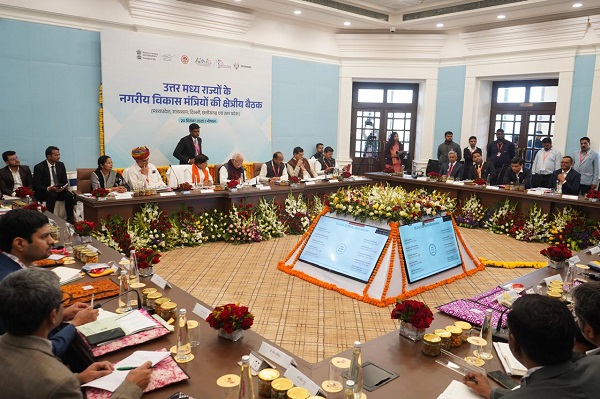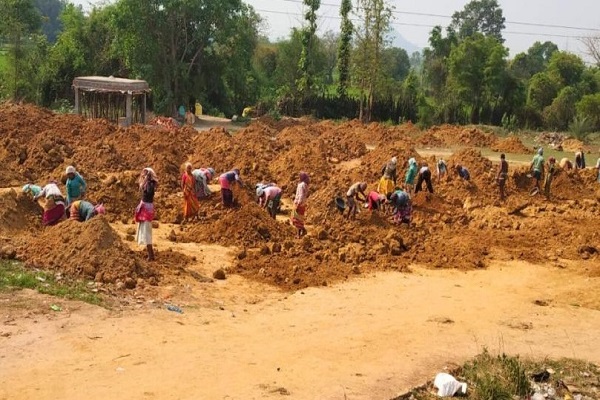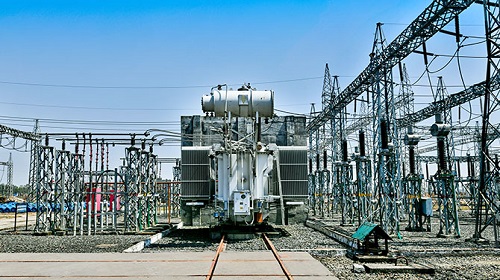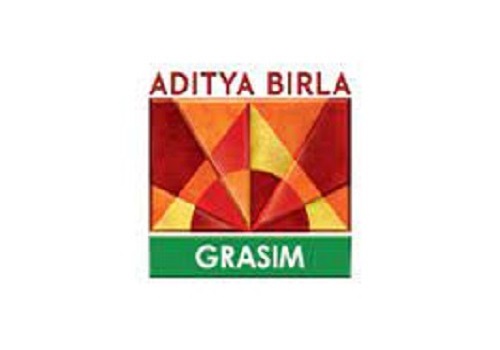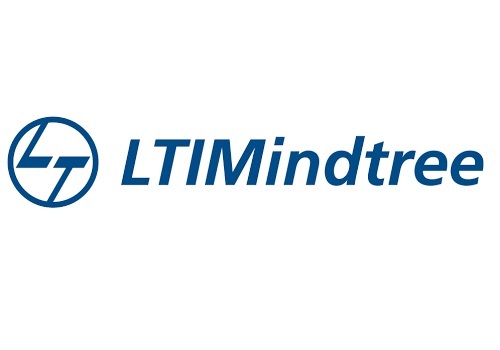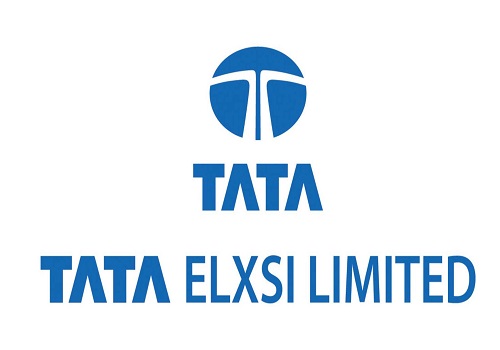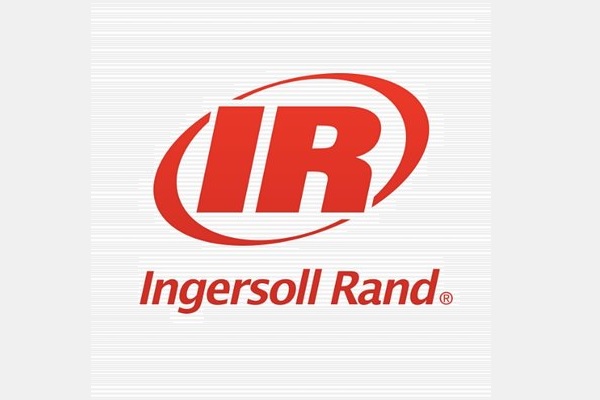Buy Bandhan Bank Ltd For Target Rs.408 - ICICI Securities
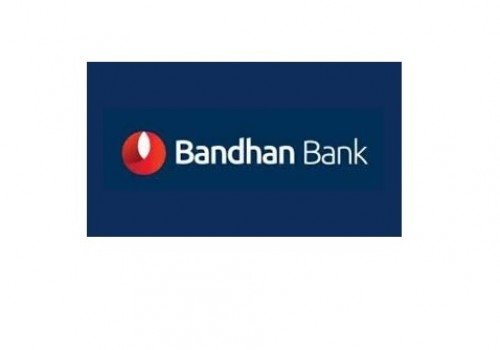
Expectations are set lower post disruption in Q1FY23 due to series of events
Consensus expectations were set lower for Bandhan Bank following a series of events in Q1FY23. GNPA and SMA-2 trends in Q2FY23 are not expected to be encouraging given the lagged effect of Assam floods and forward flow from the restructured pool. Seasoning of portfolio within the stress pool towards higherdelinquency buckets was expected to lead to upfronting of the larger part of the bank’s credit cost guidance (of 2.5%) in H1FY23. Pause in PSLC sale due to declassification of loans under certain PSL categories suggests pressure on fee income. Nonetheless, on disbursement and collection efficiency, we expect a trend towards normalisation post the Q1FY23 disruption due to revised RBI regulations and Assam floods. We are constructive on mortgage lending growth as well. Positively, incremental requirement for RIDF investment, or PSL certificate buyout, would be minimal given no further PSL declassification. Increased franchise investment will likely continue. Maintain BUY with a revised target price of Rs408 (earlier Rs414) assigning 2.5x FY24E book.
* PSL declassification being assessed by an independent auditor; incremental requirement for RIDF investment, or PSL certificate buyout will be minimal: Loans qualifying as PSL for Bandhan had plunged to Rs564bn in FY22 (57% of advances) from Rs744bn in FY21 (88% of advances). This was due to a change in its PSL reporting policy. The record of landholding of borrowers is required for classification as small & marginal farmers, and investment in plant and machinery for eligibility under the micro enterprise category based on representation made by the respective borrowers. As per RBI direction post the assessment of FY20 accounts, the bank was asked to declassify loans under both the categories.
RBI has asked the bank to appoint an independent auditor for PSL status assessment of these declassified loans. Auditors were appointed in consultation with and seeking RBI’s approval. Auditor seems to have submitted the report of its findings. Going ahead, incremental requirement for RIDF investment, or PSL certificate buyout, would be minimal given no PSL shortfall/declassification in FY21/FY22.
In FY22, Bandhan had to purchase PSLC of Rs190bn and also invest in RIDF up to Rs33bn. The investment in RIDF has further increased to ~Rs60bn. On fee income, PSLC income booked was Rs6.57bn in FY22 and Rs7.32bn in FY21. Unless there is clarity on being allowed to classify PSL under the above-stated categories, the bank has highlighted it will not sell PSLCs in these categories. They might still sell PSLC loans in the general category and earn up to Rs1.0bn-1.5bn, but overall income can be lower by Rs4.0bn-4.5bn.
* Assam floods impact on CE to subside leading to CE improvement: Assam floods in Jun’22 disrupted collections and Bandhan reported a decline in collection efficiency in the state from 92% in Mar'22 to 85% (including NPA) and to 72% (including restructured pool as well) in Jun'22. With the effects of flood subsiding, we expect some improvement in collection efficiency by September. Even in West Bengal, collection efficiency including NPA accounts (excluding restructured customers) was down to 92% in Jun’22 (from 96% in Mar'22). Moderation in collection efficiency was witnessed in the rest of India to 94% (from 98% in Mar'22). NPA and restructured accounts may continue to disrupt collections.
* Forward flows from restructured pool and 31-90dpd bucket will likely result in elevated slippages and GNPAs: In Q1FY23, Rs27.5bn of Mar’22 restructured pool got out of moratorium, but the bank could recover only Rs2.5bn of it with the balance flowing into various delinquency buckets. Another Rs21.4bn from the restructured pool will move out of moratorium in Q2FY23. Given that 43% of this pool were non-paying customers, we expect further rise in delinquency buckets. In Q1FY23 itself, EEB segment SMA-2 pool spiked to 5.6% (from 1.9%/2.9%/2.5%): 6.2% (2.2%/3.2%/1.8%) for WB, 18.9% (4.4%/5.7%/4.5%) for Assam, 2.9% (1.1%/3.2%/1.9%) for other states. Similarly, SMA-1 pool, too, has increased to 2.4% (vs 1.6%/2.9%/7.1%/10.1% in Q4/Q3/Q2/Q1FY22 and 2.8% in FY21) with 2.8% for WB, 3% for Assam, 2.0% for other states. We believe seasoning will likely lead to forward flow from this pool as well.
* Nonetheless, overall EEB stress pool may not see any meaningful spike: Overall EEB stress pool, as of Q1FY23 stood at Rs121bn, equivalent to 21% of the book. This includes NPAs at Rs53.3bn (Rs48.5bn/Rs79bn/Rs73.3bn in Q4/Q3/Q2FY22), restructured pool at Rs21.4bn (Rs48.9bn/Rs57.8bn/Rs69.2bn), SMA-2 pool at Rs32.7bn (Rs11.7bn/Rs16.6bn/Rs13.5bn) and SMA-1 pool at Rs13.9bn (Rs10.2bn/Rs16.7bn/Rs38.6bn). With further forward flows from the restructured pool moving out of moratorium, while there will be rise in GNPAs and SMA-2 pool, the overall stress pool is unlikely to see any meaningful spike.
* Seasoning of portfolio within stress pool to call for higher credit cost: In Q1FY23, the bank created provisioning of Rs6.4bn leading to credit cost print of 2.7%. In Q2 as well, with seasoning of the stress pool, flow from restructured pool and deferred impact of Assam flood, we believe credit cost would continue to be elevated. Management has given credit cost guidance of 2.5% for FY23, which carries an upside risk if recoveries don’t turn out as expected in H2FY23. Going ahead from FY24, management sees credit cost to be around 1.5% as against its pre-covid trajectory of 500 branches in FY23 of which a predominant share would be outside its key states of Assam and West Bengal. Also, the bank is investing heavily in technology. All this would require incremental opex, hence the guidance of opex to assets in the range of 2.6-2.7% should hold, in our view.
* Interest reversal could weigh on margins: Bank has raised its lending rate by 50bps on the entire book in addition to the earlier 50bps thereby cumulatively effecting a hike of 100bps. It has also raised its peak deposit rate by 85bps in past 3-4 months. This, coupled with higher interest reversal (forward flow in stress pool), will potentially lead to interim pressure on margins. Also, given that the bank is focusing on diversification into various segments and reducing its dependence on EEB lending, there will likely be a decline in yields. We expect this, in turn, to lead to margin contraction a 2-3 year period due to mix change as well.
* EEB disbursements to normalise post Q1 disruption; housing to gather momentum: We expect EEB disbursements to normalise post the disruption in Q1FY23 due to revised RBI regulation and Assam floods. Bank has observed that, as the restructured pool comes out of the moratorium, the proportion of customers with behavioural reset towards repayment indiscipline has widened. To gauge the structural trend, it might not go very aggressive in group lending. Instead, it will focus on individual lending and retail portfolio scale-up. After several quarters of consolidation, the housing book has started picking pace. It was up 4.5% QoQ and 27% YoY to Rs246.2bn in Q1FY23. Bandhan has identified areas to strengthen its housing portfolio and has also adjusted the pricing of home loans. We believe the housing finance book is grossly undervalued, hence the unlocking of value in it can result in rerating of the stock. We are building-in loan growth of 20%/18% for FY23E/FY24E, respectively.
* Diversification envisaged as strategic goal by FY25: Proportion of EEB group loans is already down to 44% as of Q1FY23 (vs 59% in FY21 and 86% in FY19) and the bank targets to bring it further down to 26% by FY25. It aims to achieve commercial banking share in the overall book at 38% (from 28% currently), share of housing at 30% (from 26% currently) and share of retail assets at 6% (from 2% currently). Transformation of IT and CBS is also underway. Investment in franchise will likely continue with Bandhan expanding its presence ex-East.
To Read Complete Report & Disclaimer Click Here
For More ICICI Securities Disclaimer https://www.icicisecurities.com/AboutUs.aspx?About=7 SEBI Registration number is INH000000412
Above views are of the author and not of the website kindly read disclaimer


